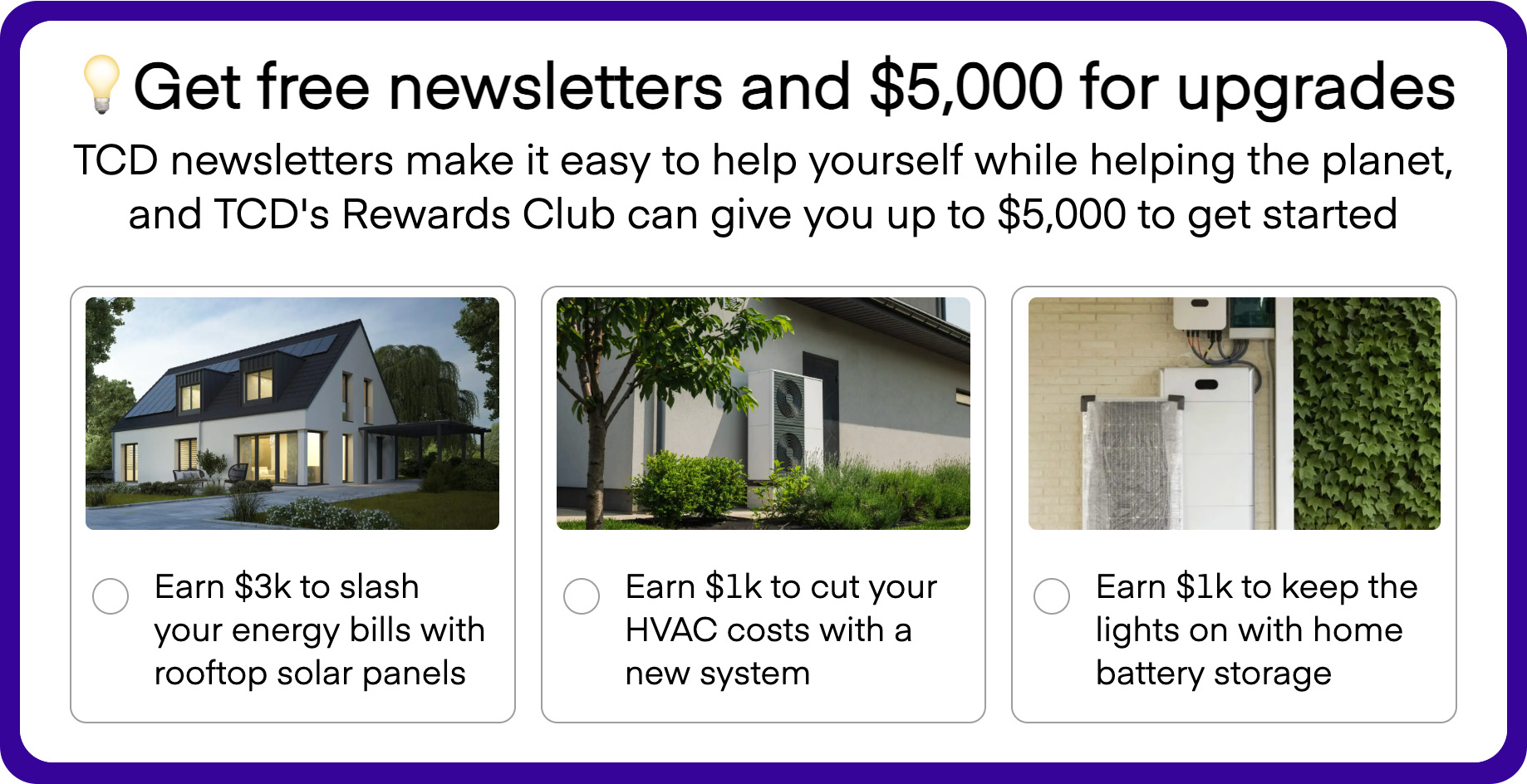As the calendar turned to June, a key insurance change raised premiums for North Carolina homeowners — and it is only the first wave.
What's happening?
As detailed by Live Insurance News, the Tar Heel State saw its insurance premiums increase by 7.5% at the start of the 2025 hurricane season. On average, homeowners will pay around $243 more on their annual bills because of the statewide adjustment.
Next year will bring more of the same. As part of a January 2024 settlement, North Carolina agreed to raise rates by 7.5% this year but also by another 7.5% on June 1, 2026. Last November, North Carolinians also experienced an 8% increase on average for dwelling policies.
Why is this important?
The rising insurance rates are directly tied to the extreme weather, which is becoming more severe because of a warming climate that allows the atmosphere to hold more moisture. The burning of dirty fuels is particularly to blame for the human-caused uptick in temperatures.
Even areas like Asheville, once considered a climate haven, have been adversely impacted. In September, the remnants of Hurricane Helene and another storm system brought historic devastation to the mountain town, which is still recovering months later.
Insurers are increasing premiums to maintain financial stability as they cover the high costs of rebuilding, as Live Insurance News explained. The rate hikes in North Carolina aren't an isolated occurrence, either.
TCD Picks » Upway Spotlight
💡Upway makes it easy to find discounts of up to 60% on premium e-bike brands
Insurers nationwide are raising rates or pulling out of high-risk areas or states altogether. Homeowners who have coverage often face difficulties getting their claims approved, extending disaster recovery times, and causing continued disruption to economies.
What's being done about this?
Even though North Carolinians are paying more for insurance, there is a silver lining. According to Live Insurance News, the insurance industry initially suggested a 42.2% rate hike.
However, the state doesn't operate with a market-driven system. Instead, the North Carolina Rate Bureau gathers and analyzes data and submits proposed insurance increases to the state's Department of Insurance. In what is called a "consent to rate" system, if the company gets consent from the policyholder, it can raise the rate higher than the approved one.
The Department of Insurance negotiated a lower premium hike, spreading it out over two years, though homeowners near the coast will probably also see additional surcharges. In other words, the system made things less painful for homeowners than they could have been.
|
Do you think your city has good air quality? Click your choice to see results and speak your mind. |
Meanwhile, upgrading to energy-efficient appliances and ditching single-use plastics are among the cost-effective ways to reduce harmful heat-trapping pollution. Rebuilding with hurricane-proof designs is also one way to minimize damage from future storms.
Join our free newsletter for good news and useful tips, and don't miss this cool list of easy ways to help yourself while helping the planet.

















